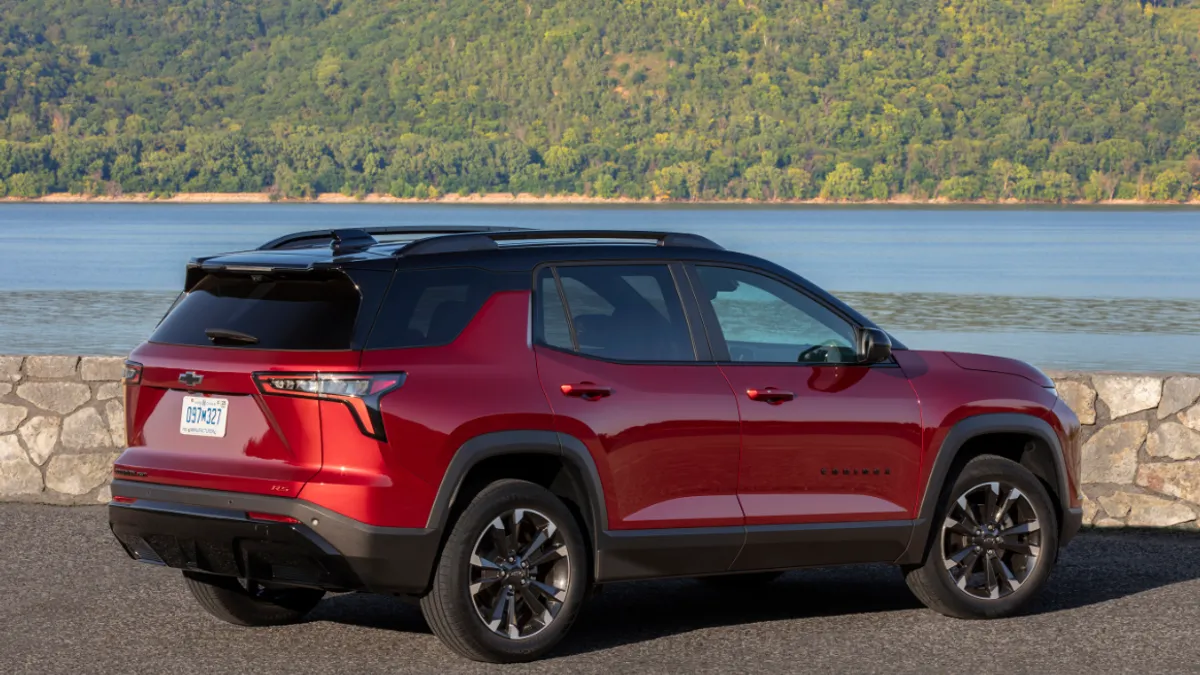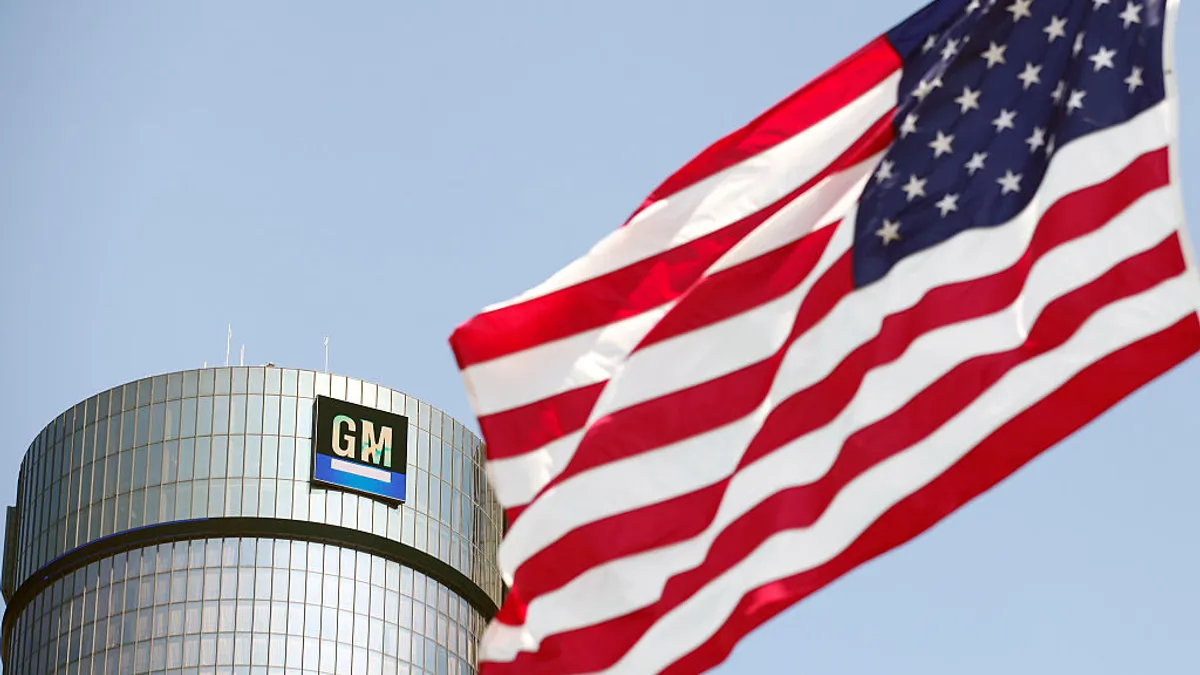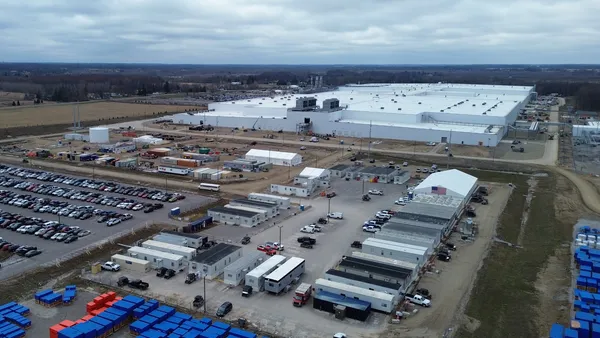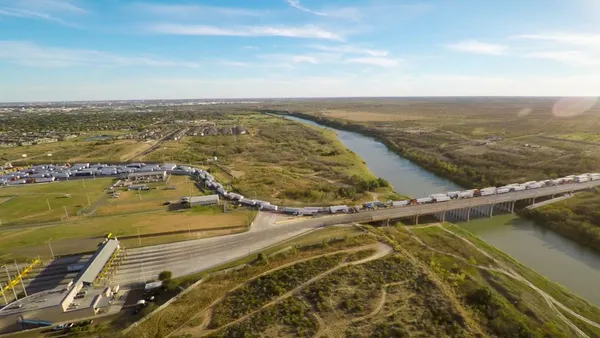General Motors has options to mitigate the impact of new tariffs on Canada and Mexico on its bottom line, executives said during the company’s Q4 earnings call on Jan. 28.
One move would be to shift some truck production out of Canada and Mexico to the U.S., CEO Mary Barra said on the call.
“We also sell trucks globally, and so we can look at where the international markets are being sourced from,” she said. “So, there's plays that we can do on that perspective to minimize the impact if there are tariffs either on Canada or Mexico.”
A GM spokesperson said the company does not provide production statistics on vehicles it produces in each country. But according to the Mexican Association of the Automotive Industry A.C., GM produced 503,261 vehicles in Mexico in 2024, while in Canada GM manufactured 112,615 vehicles through Q3 2024, the Canada Vehicle Manufacturers’ Association reported.
About 76% of the estimated 3.5 million vehicles manufactured in Mexico annually are imported to the U.S., according to 2023 data from the International Trade Administration. In addition, 93% of vehicles exported from Canada were shipped to the U.S. as of 2023, per the Canadian Vehicle Manufacturers’ Association.
President Donald Trump last weekend announced new tariffs on Canada and Mexico that were slated to start Feb. 4, but implementation was delayed for one month for both countries to allow time for negotiations.
Before the delays were announced, Barra said on the call that GM was encouraged that Trump was open to extending talks with Mexico specifically, but indicated the automaker would continue planning for policy shifts.
“We're doing the planning and have several levers that we can pull,” she said.
Such measures include examining the company’s supply chain, logistics network and domestic plants to better prepare the automaker to mitigate near-term impact of additional taxes on imported products, Barra said.
“Many of these actions are no cost or low-cost,” she said. “What we won't do is spend a large amount of capital without clarity.”
EVP and CFO Paul Jacobson said the automaker has been working on multiple playbooks to ensure it can respond to tariffs accordingly. Options include sourcing more domestic parts, including batteries through its joint venture with LG Energy Solution.
Prior to Trump’s tariff orders and subsequent delays, GM chose to maintain its 2025 guidance in the $13.7 billion to $15.7 billion range.
“The reason that we guided to the status quo is because there are really infinite permutations on policy and we didn't want to get into advocacy in our guidance,” Jacobson said.
But the automaker remains focused on preparations.
“We’ve got plans in place and we're continuing to work proactively with the administration and with Congress on what we think are the right things to do, which is preserve American jobs and preserve American innovation,” he said.












